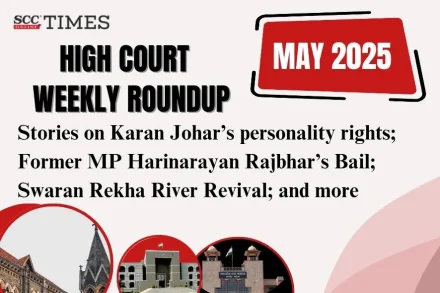
HIGH COURT MAY 2025 WEEKLY ROUNDUP | Stories on Karan Johar’s personality rights; Former MP Harinarayan Rajbhar’s Bail; Swaran Rekha River Revival; and more
A quick legal roundup to cover important stories from all High Courts this week.

A quick legal roundup to cover important stories from all High Courts this week.
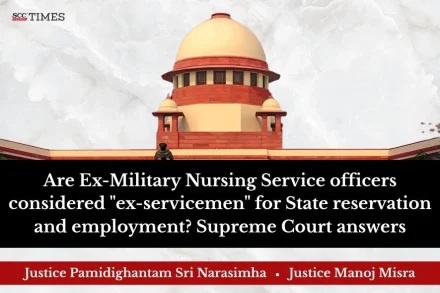
“Effective resettlement of ex-servicemen is necessary to keep the morale of the serving members of the defence forces. If the resettlement of veterans is neglected, the talented youth of the nation may not be motivated to join armed forces.”
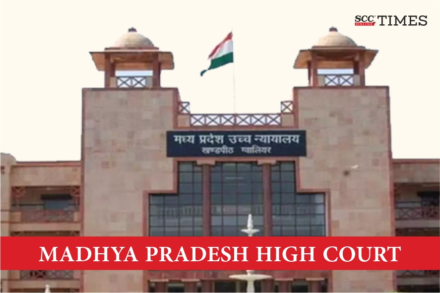
“A person claiming EWS benefits on account of economic deprivation cannot be said to have faced discrimination on the basis of the caste, which unfortunately, in a casteist society, casts stigma by birth and can never be changed by the person.”
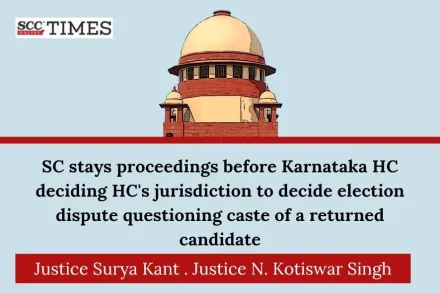
The matter revolved around the respondent questioning the petitioner’s election to Jagaluru Vidhan Sabha Constituency contending that the petitioner did not belong to Scheduled Tribe but belonged to the Other Backward Community.
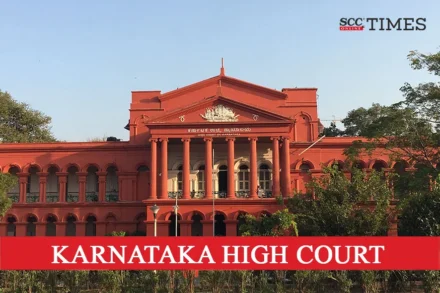
The Court said directions regarding ensuring reservation of women advocates had been issued by the Supreme Court under Art. 142 and same cannot be done by the High Court.
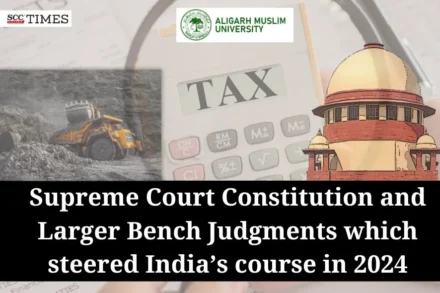
The Supreme Court’s 2024 decisions have marked a significant turning point in the country’s legal and constitutional framework. Key rulings delivered by Constitutional Benches on Electoral bonds, private property, royalty as tax, AMU’s minority status, sub-classification within reserved categories, etc. have left an impact on fundamental rights, political transparency and tax regime, shaping India’s socio-political landscape, influencing both public policy and the broader democratic process.
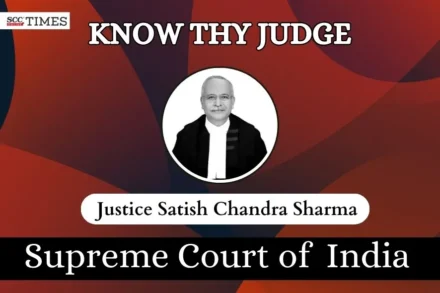
Following a meticulous assessment of the qualifications, integrity, capabilities and giving due consideration to a range of factors, the President appointed Justice Satish Chandra Sharma as Judge of the Supreme Court of India on 09-11-2023.
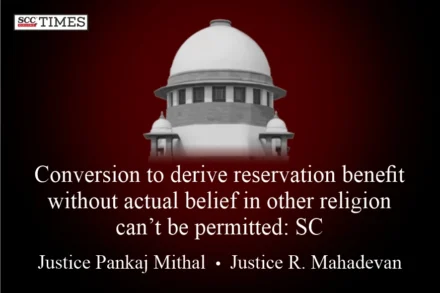
In the instant case, the Court rejected the appellant’s contention that caste would be under eclipse upon conversion and will resume upon reconversion.
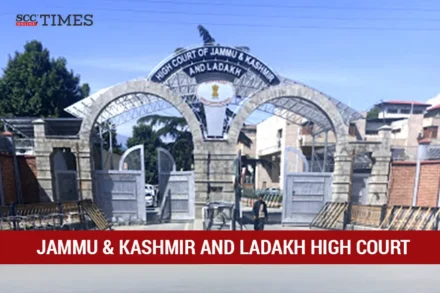
The Deputy Solicitor General of India (DSGI), filed a status report on behalf of the UT of Ladakh, stating that a committee is formed to identify the actual number of transgender individuals in both Leh and Kargil Districts.

‘NCT of Delhi is giving reservation to one category and denying the same to another, which is sheer discrimination and cannot be permitted.’
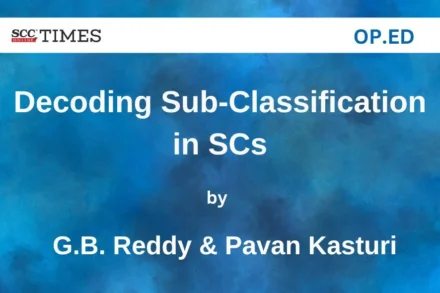
by G.B. Reddy* and Pavan Kasturi**
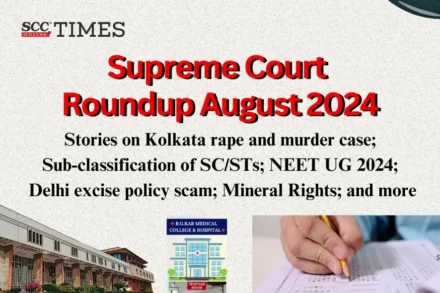
This roundup revisits the analyses of Supreme Court’s judgments/orders on Kolkata rape and murder case; Sub-classification of SC/STs; NEET UG 2024; Patanjali Misleading Ads case; Delhi excise policy scam; Mineral Rights; and more. It also covers top stories; Never reported Judgments; Cases Reported in SCC Weekly in August; Know thy Judges.
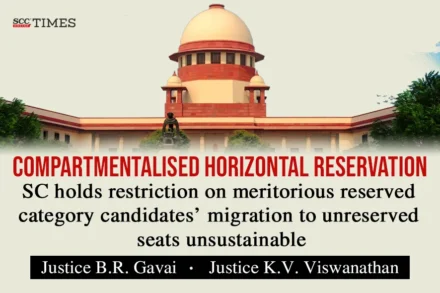
“The appellants were deprived of their legitimate claim of admission against the UR-GS category due to an erroneous application of the methodology in applying the horizontal and vertical reservation”.
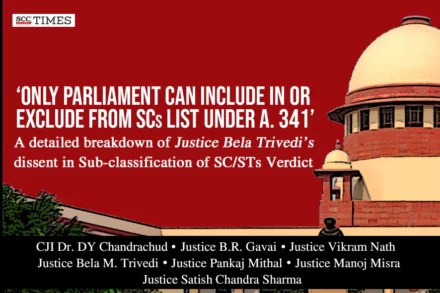
“State has neither executive nor legislative power to sub-classify or sub-divide or re-group the castes, races or tribes specified as the “Scheduled Castes” in the Presidential List notified under Article 341. Under the guise of providing reservation or under the pretext of taking affirmative action for the weaker of the weakest sections of the society, the State cannot vary, nor tinker the Presidential List.”
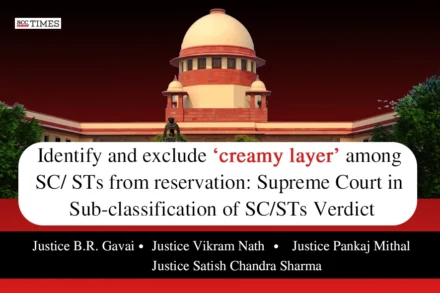
“The criteria for exclusion of the creamy layer from the SCs and STs for the purpose of affirmative action could be different from the criteria as applicable to the Other Backward Classes.”
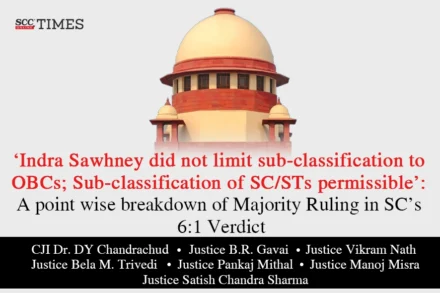
“Article 341 does not create an integrated homogenous class. Sub-classification within the Scheduled Castes does not violate Article 341(2) because the castes are not per se included in or excluded from the List.”

The Court reiterated the findings of the Supreme Court in State of Maharashtra v. Milind, (2001) 1 SCC 4, that the benefits drawn by a candidate not belonging to a scheduled tribe, must be considered to having been drawn on the basis of a false caste certificate; such benefits are required to be withdrawn.
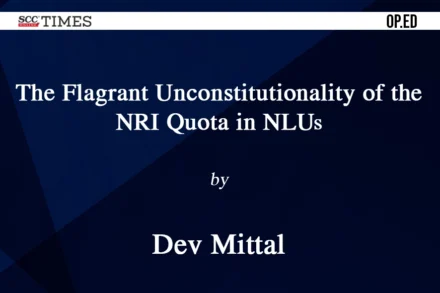
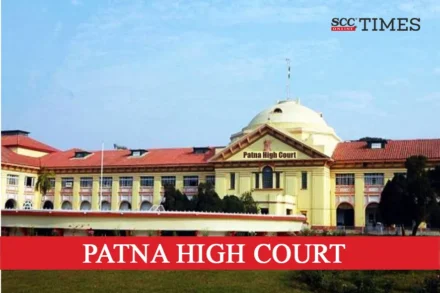
The Court noted that after the collection of data for Caste survey, there was a frog leap into the amendment enhancing the reservations beyond 50%, which was on proportionate representation in the services of the State and educational institutions, which was clearly not permissible under Articles 15(4) and 16(4).
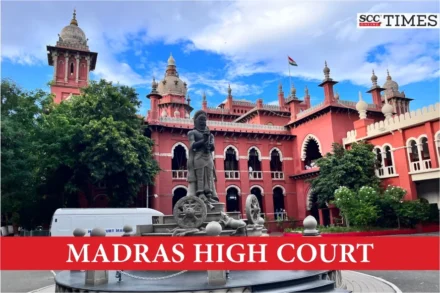
“Once gender identity is given horizontal reservation, it follows that the transgender community, being a socially and educationally backward community discriminated based on gender identity, should also be entitled to similar reservation.”